They are young, they are economists and, together, they propose to “Thinking Algarve”. A group of members of the Algarve regional delegation of the Ordem dos Economistas united to create a think tanks to reflect on the major economic issues and how they affect the Algarve and have already launched a online quiz, to learn about the perspectives of recent graduates from the Algarve in relation to the labor market.
Carina Jesus, João Justo, João Martins, Ricardo Proença and Rita Silva are the members of this group and the workers of the “Thinking Algarve” project.
They were the ones who thought and elaborated the questionnaire “Youth's Perspective on the Job Market in the Algarve”, aimed at final year higher education students (undergraduate, masters or doctorate) in the Algarve region and holders of higher academic qualifications who entered the labor market in the last four years and who currently reside, work or look for work in the Algarve.
“Our kick-off is the inquiry into young people's expectations in relation to the labor market, which we ended up adapting to the pandemic situation. The aim is to gather the vision of students here at the University of Algarve, but also of recent graduates», he explained to Sul Informação Ricardo Proença, one of the project's mentors.
The topics to be addressed include job stability, namely “the type of contract, whether the remuneration is fair, whether they are happy or thinking about changing”.
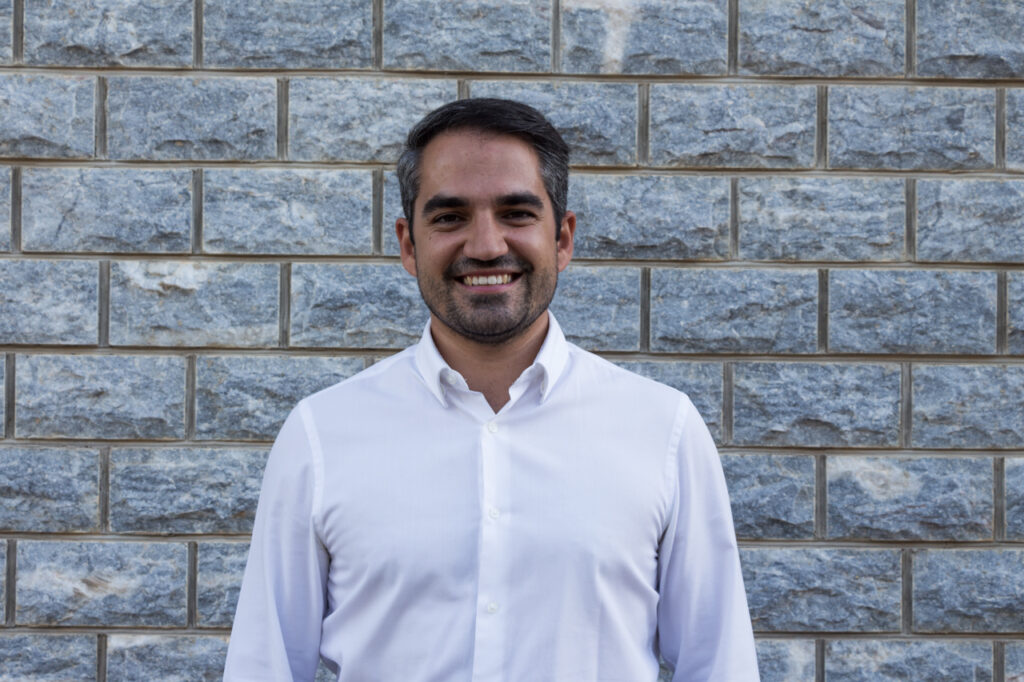
The idea of creating this think tanks Algarve, made up of more recent members of the Ordem dos Economistas, all of them with strong links to the University of Algarve, «came about a year ago and has been maturing since then».
«The idea came from conversations with João Justo, who is the pure and tough economist, let's say (laughs). When we started to come across the initiatives of the Order of Economists – which are many, bearing in mind that the Algarve delegation is very dynamic – we started exchanging newspaper articles, data from INE, Banco de Portugal, OECD and of a whole group of institutions and analysts», added Ricardo Proença.
The launch of the project was planned for the beginning of 2020, «but, with the emergence of Covid-19, we were not able to start at the end of the 1st quarter, as we intended. We wanted, before starting, to guarantee that there was a more institutional process, within the Order itself, to guarantee its support, bearing in mind that it is our base».
One of the great goals of “Thinking Algarve” is to bring the major economic issues to the younger generations, after exchanged for kids.
“I said to João: We could filter the information, because some studies are duller, with 20 or 30 pages, and do smaller things, related to the Algarve. And we can start by launching a study aimed at young people who are now leaving university», said Ricardo Proença.
The themes that the group proposes to address "range from the economy itself to the labor market, including health, education, climate change and energy."
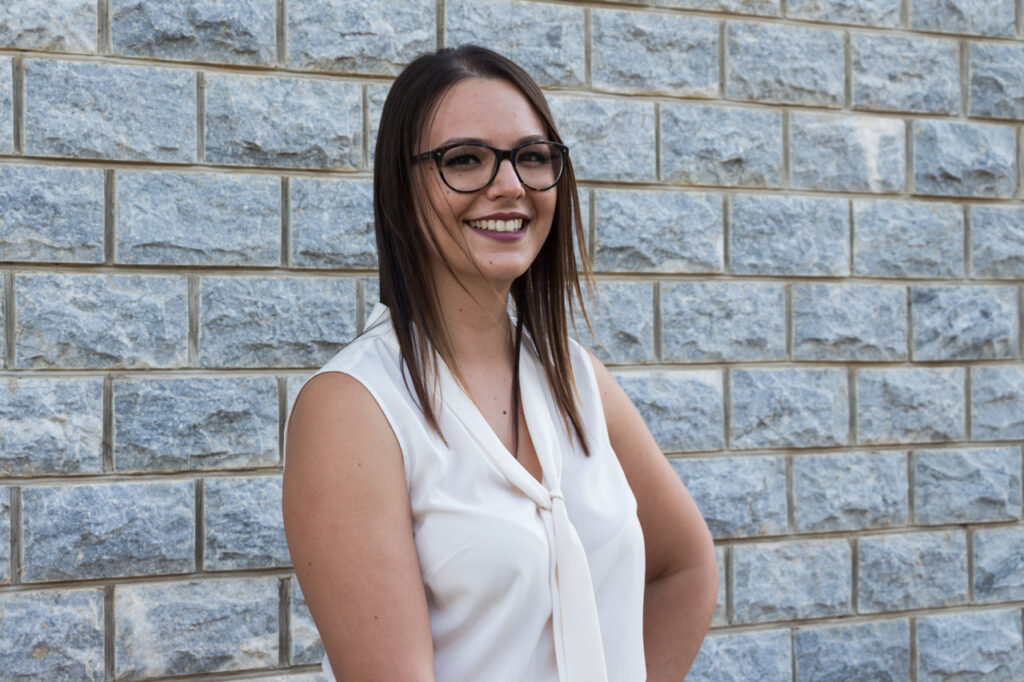
And why is this important?
Carina Jesus confesses to our newspaper that she feels that “there is a great alienation on the part of the younger people in relation to these issues”.
“I think there's a bit of that fatalistic thought, that we can't do anything, that everything is in the hands of policy makers. But I don't think so, I think there are things we can do. We may not have a great influence as individuals, but we can at least try to understand what is happening in our Algarve, where there are such great disparities, and contribute to finding solutions», he said.
The theme chosen for the first questionnaire and subsequent study on access to the labor market, for graduates, in the Algarve, ends up bringing all these strands together.
After all, it is a matter that concerns young people a lot and is the order of the day, especially at a time of pandemic.
«By the time we started talking about this, João and I had left university about a year ago and we wanted to understand what young new employees, as well as final year students and even students from other years, think about the market. I work in the Algarve and know what your expectations are”, said Ricardo Proença.
"It's because? It is true that there are opportunities, but it is not easy to integrate into the labor market. If you don't have a good compass, you can find yourself a little lost and have some difficulty finding the right thing when you finish the course», he summarized.
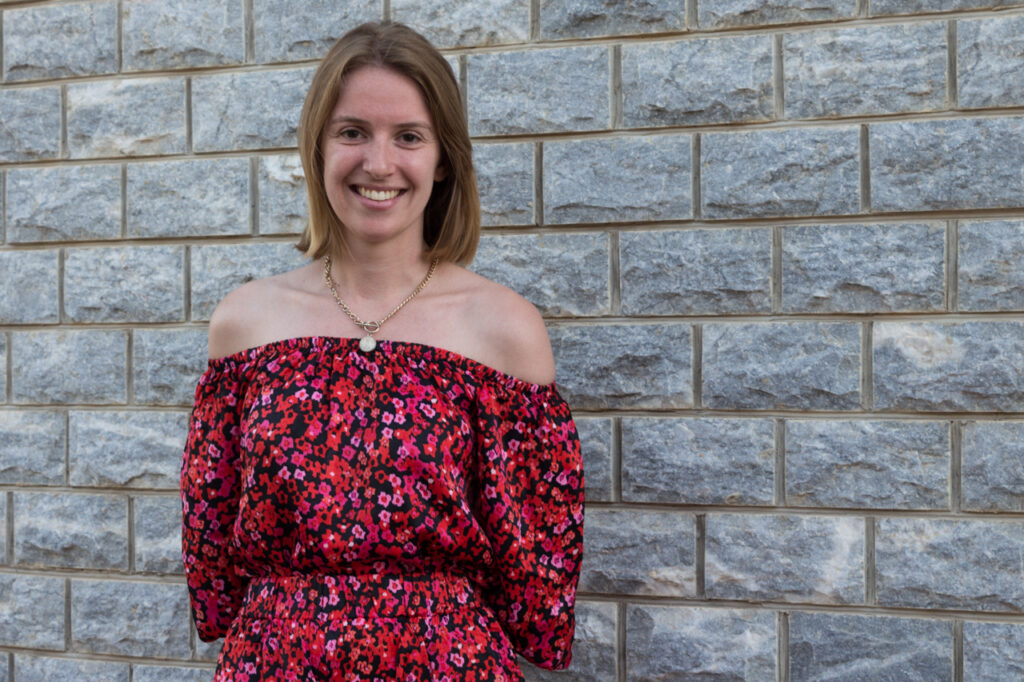
This was not the case for Rita Silva, who finished the course in 2019 and managed, in less than a month, to join a bank, where she still continues. But not everyone was so lucky.
“I have colleagues who finished the course at the end of last year and who saw their situation become very complicated with the onset of the pandemic. This is a very big problem and the end is not in sight, as companies are increasingly reluctant to hire, let alone hire people with little experience», assured the young economist.
In addition to this, there are many other themes that the members of “Thinking Algarve” want to address, not least because what unites them is the love for analysis and the search for knowledge.
«I joined this group at the invitation of Ricardo. I was won over by the idea of this project. At the time, I didn't even belong to the Order of Economists, I ended up joining in order to be part of this project. What we all have in common is the love of reading and getting informed and we ended up realizing that we were able to decipher some reports and some documents because we are trained to do so. And perhaps there is a failure to pass much of this information to other young people of our generation,” recalled Carina Jesus.
In this way, the group members thought “it would be interesting to take the information that already exists and put it in a shorter, more appealing form, so that people can read it in five minutes. Basically, it is a question of deconstructing some themes and adapting them to everyday language, so that they reach more people».
Ricardo Proença gives an example of the impact of the State Budget in the Algarve, one of the studies that the group wants to carry out. "There are those who already carry out this analysis, but we would like to do the long-term scrutiny, to try to understand what the region has benefited, or not, from the State Budget."
The strategy is “to start with little things, which add to each other and, in the end, become a study book, a scenario with five or six areas”.
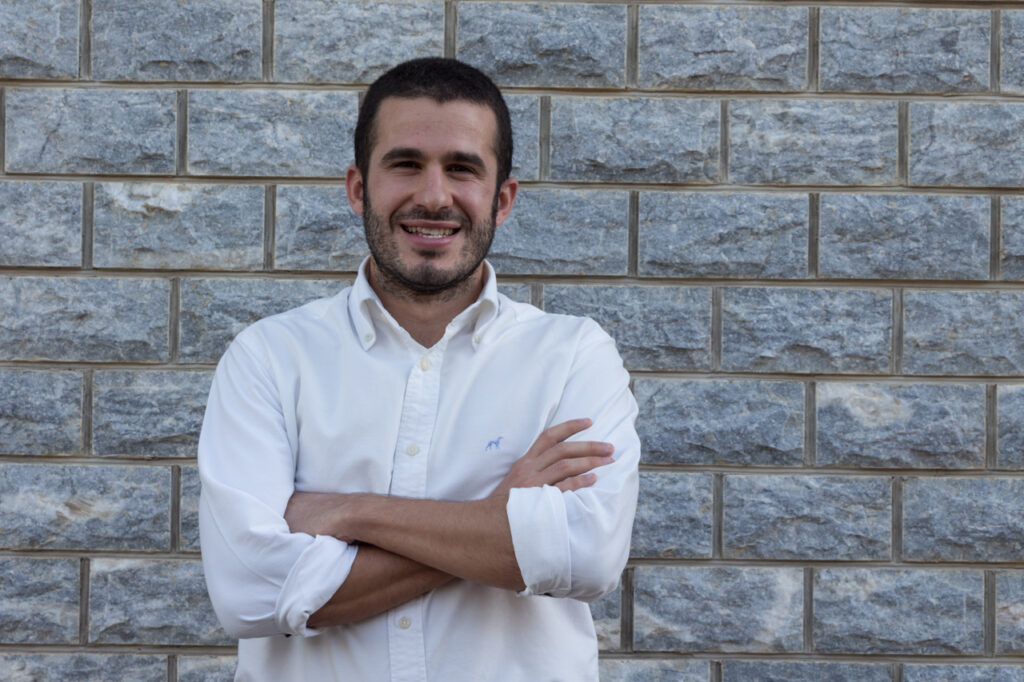
Not least because there are issues that have to involve society as a whole, such as the need to diversify the Algarve economy, a topic that the pandemic has placed on the agenda more than ever.
“One of the things we learned in Finance is the diversification of economic activity. Therefore, without a doubt, the future of the Algarve will have to go through maintaining a tourism sector with high quality and strength, but also through the promotion of other activities, in which the region can assert itself. We have the Sea and energy, for example, which have already been the themes of sessions promoted by the regional delegation of the Order of Economists», believes João Justo.
"We want to contribute here with the vision of young people on the most important issues in the economic area", he adds, explaining that, in certain topics, such as the sea or health, students from other courses at UAlg may be involved.
The idea is, by the way, that this think tanks grow up.
“The group is not closed. Let's say that this is the base, but the idea is that more people will enter. We want there to be continuity. Also because I think that, in order to dignify the professions in the areas of Economics and Management, it is important that people, particularly young graduates, enroll in the Order, because it is a means to help them enter the labor market." , illustrated Ricardo Proença.
“Attracting new members would be an asset. When we leave university, we tend to get a little lost, not knowing where to start, to find a job and what dynamics they have to have to enter the labor market. I think that, by joining us, they win», reinforced Rita Silva.
Photos: Flavio Costa | Sul Informação
Help us to do the Sul Informação!
Contribute your donation so that we can continue to make your journal!
Click here to support us (Paypal)
Or use our IBAN PT50 0018 0003 38929600020 44
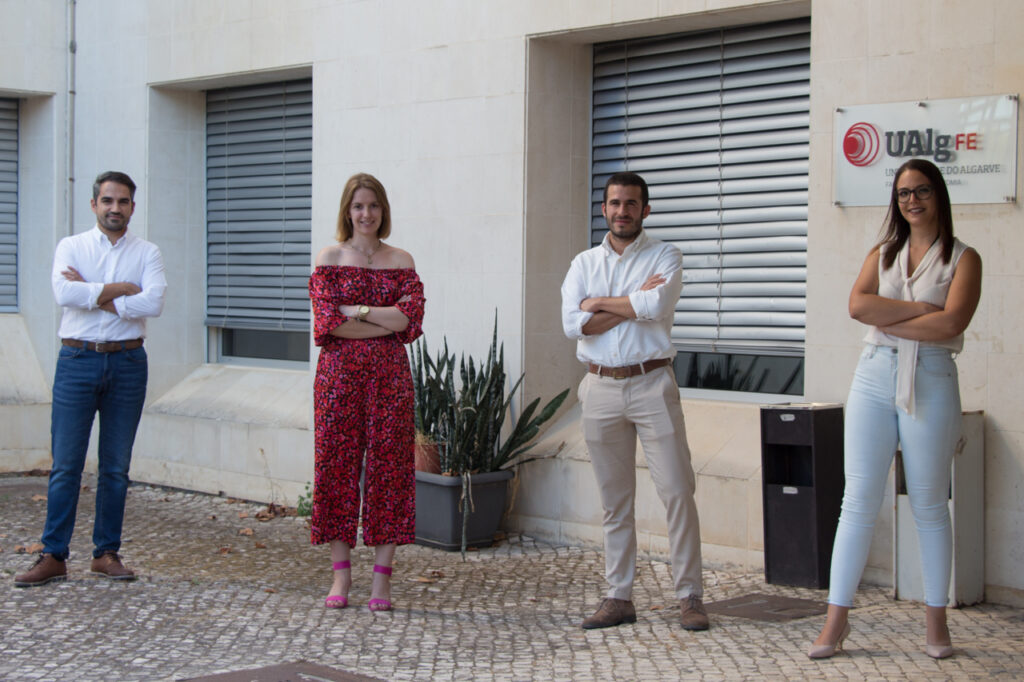
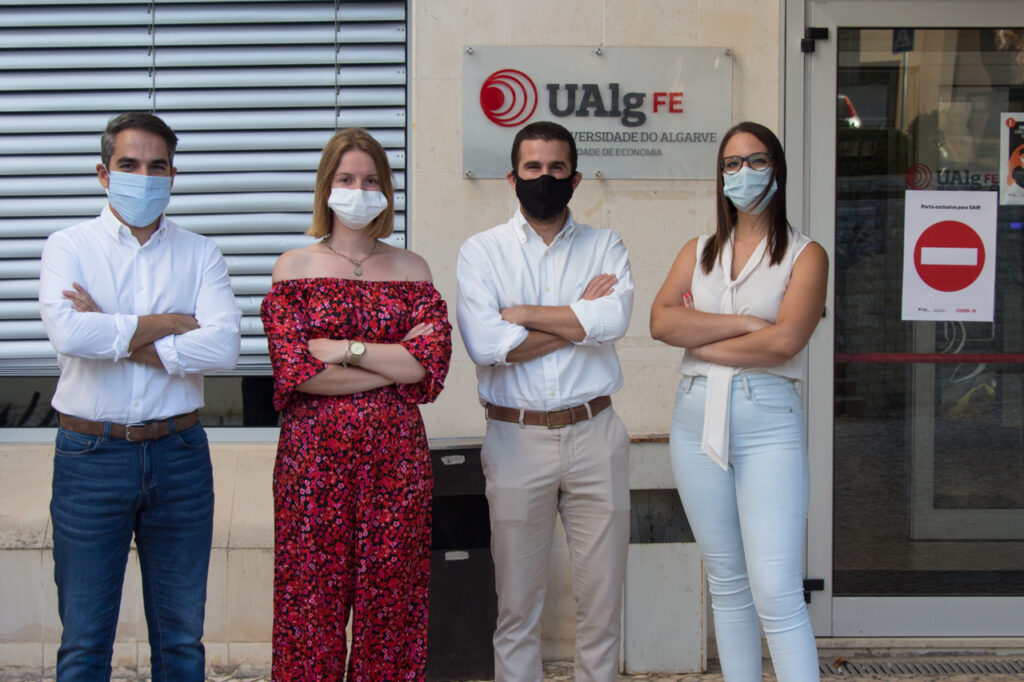
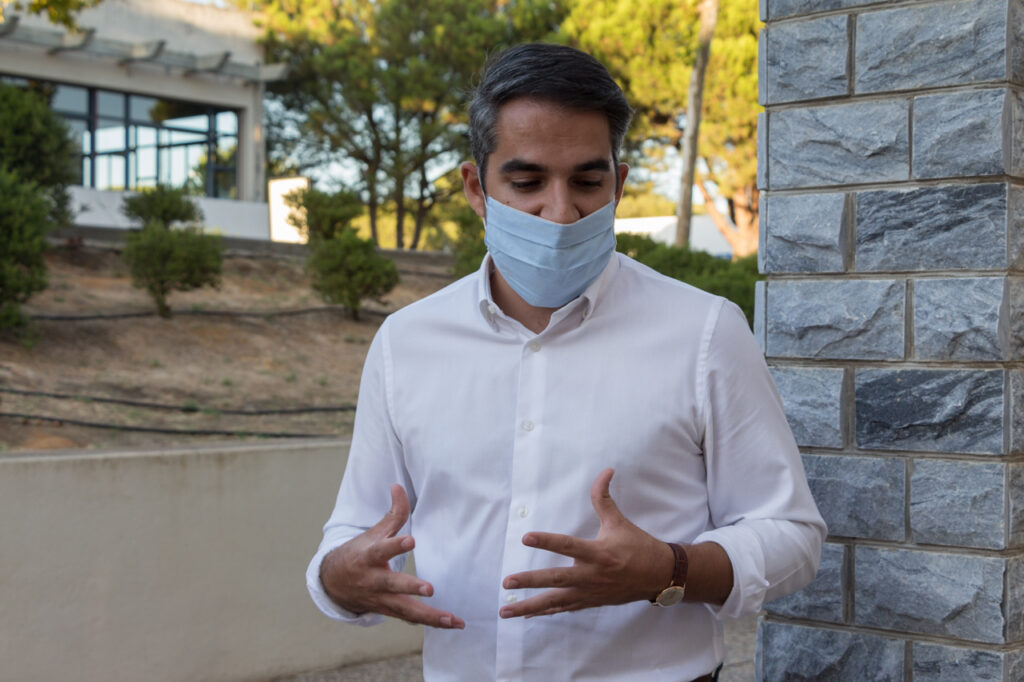
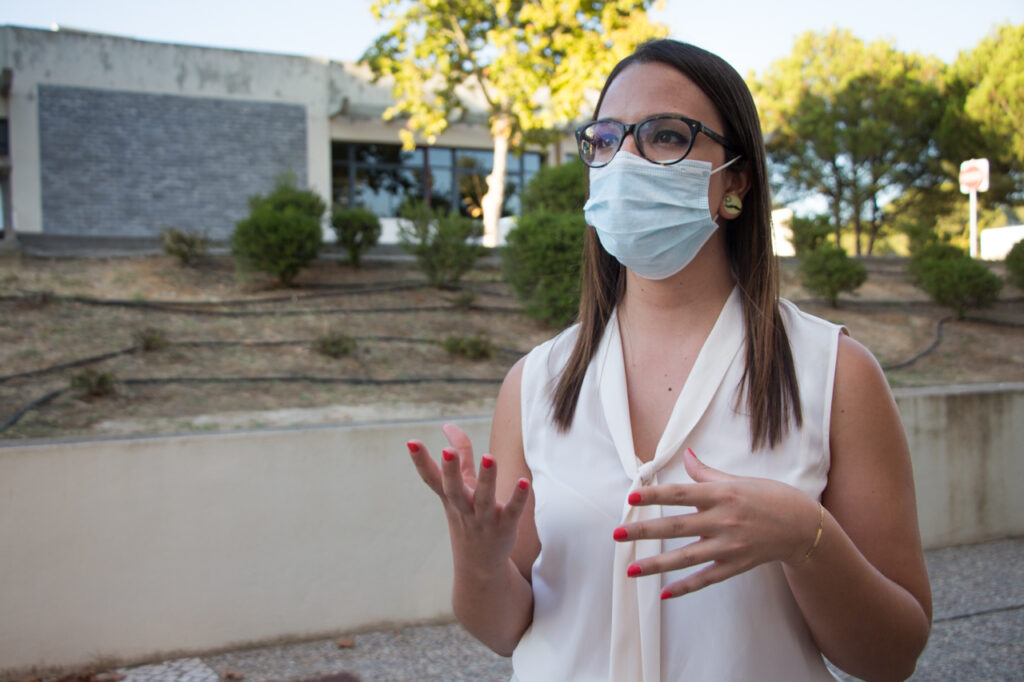
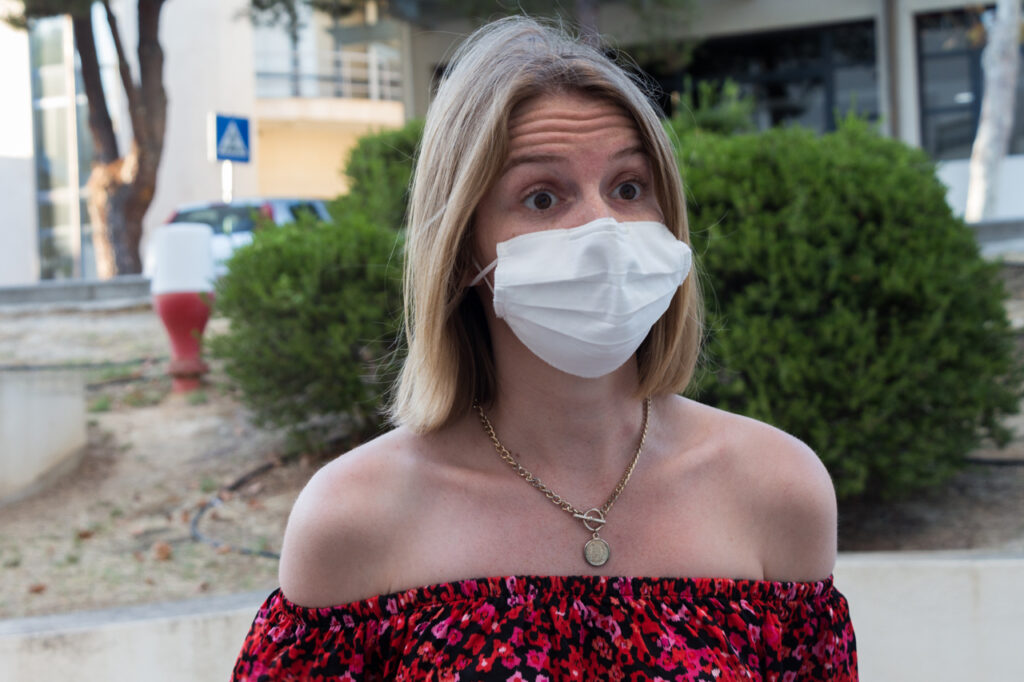
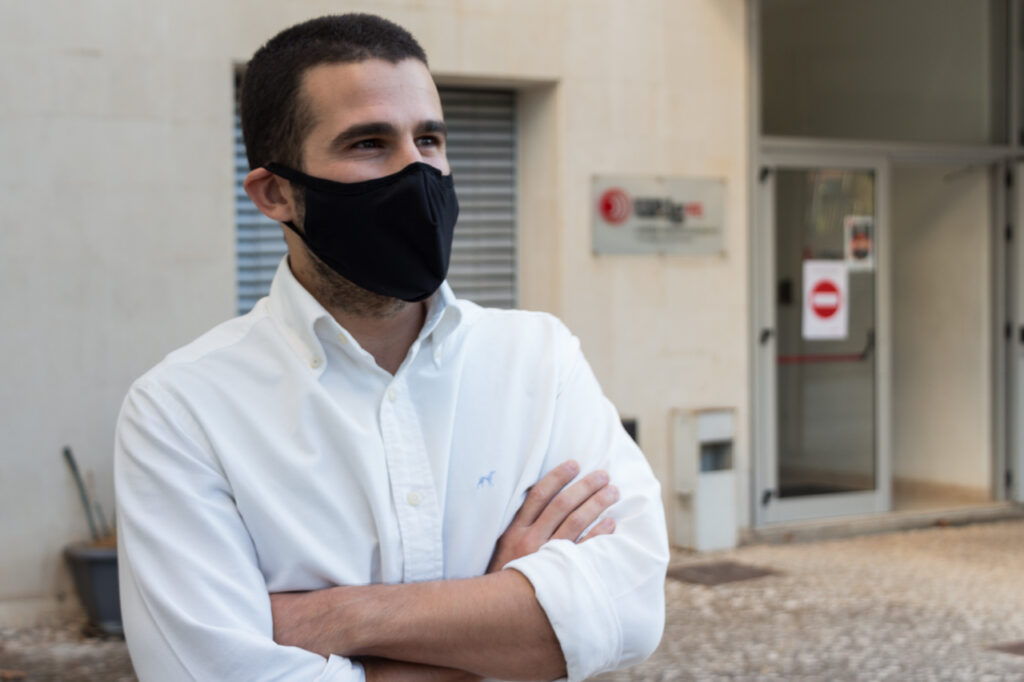
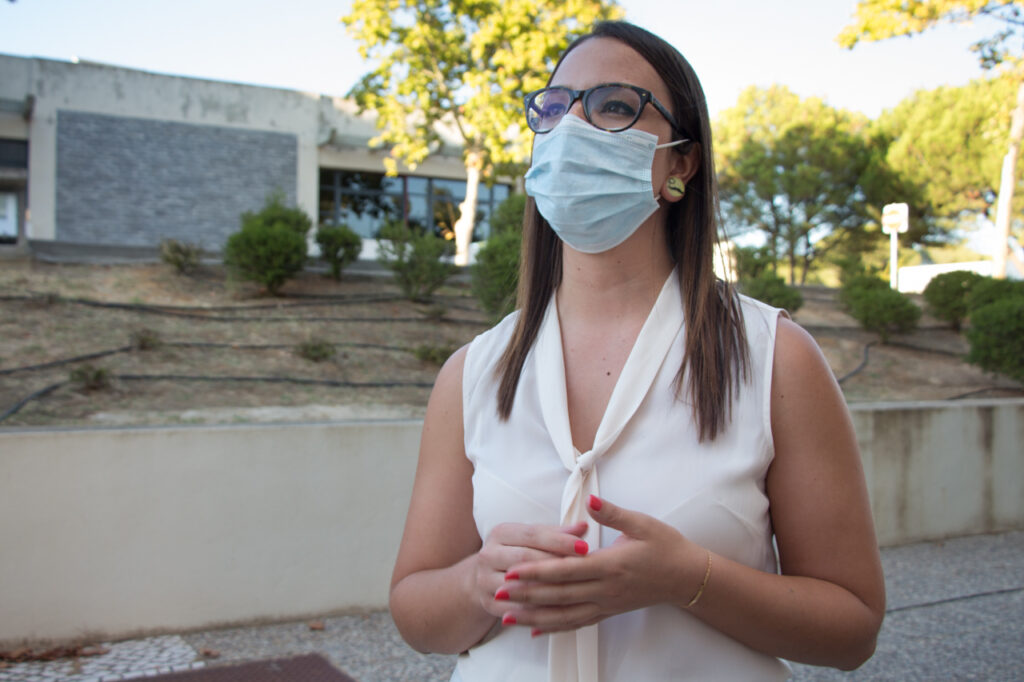
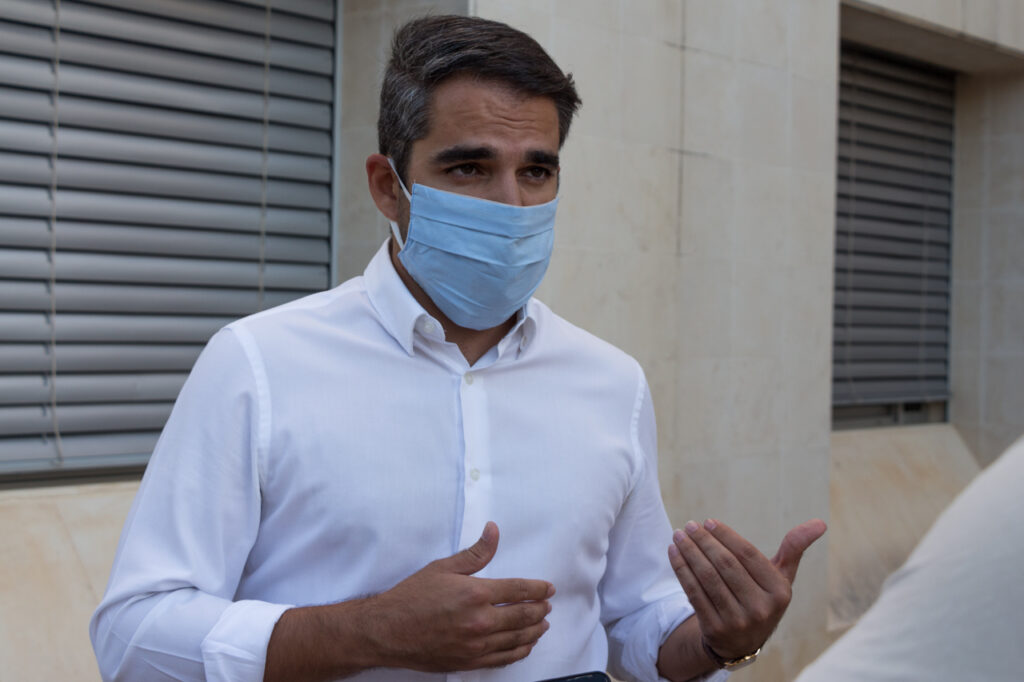


















Comments